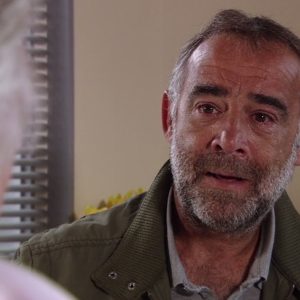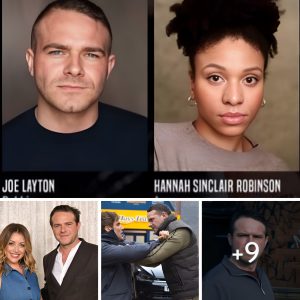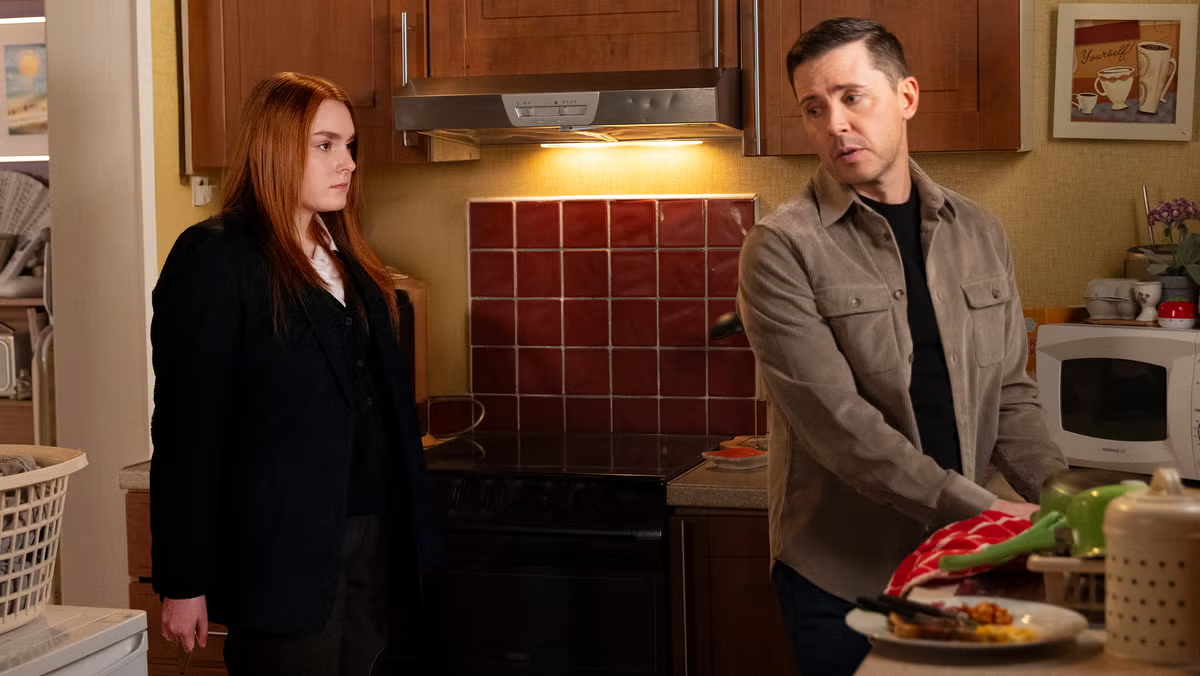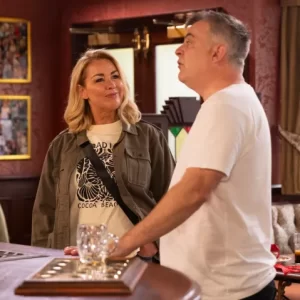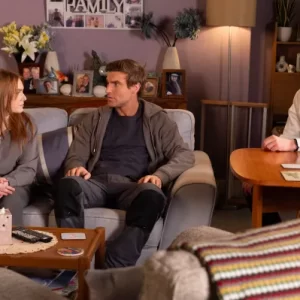In “Hard Lessons: The Dylan Chronicles,” a young man is released from juvenile detention, stepping into a world that feels just as confining as the one he left behind. Dylan’s return home is marked not by celebration, but by awkward attempts at normalcy and the quiet dread of unfinished business. His father tries to lighten the mood with talk of breakfast pastries and a casual lunch at the café, but Dylan brushes it off. He’s distant, wary, and carrying a weight that can’t be lifted with croissants.
While Dylan’s dad wants to believe that this is the beginning of a new chapter—a fresh start—Dylan seems stuck in the shadows of his recent past. His record may say he’s paid his dues, but society doesn’t forgive so easily, and worse, Dylan doesn’t quite forgive himself. He speaks with an edge now, suggesting that the boy who left isn’t the same one who came back. His father still sees the kindness in him, clinging to the belief that his son is good at heart. But Dylan hints that there are parts of him no one truly understands anymore.
Then comes Brody—a familiar face from the youth detention center, and a symbol of everything Dylan is trying to escape or suppress. When the two cross paths, it’s not just a confrontation—it’s a reckoning. Dylan approaches him with quiet menace, no longer willing to be pushed around, belittled, or intimidated. He lays it out with chilling clarity: no more orders, no more fear, no more weakness. This is a new Dylan, and Brody better get the message—because there won’t be another warning.
The encounter leaves bystanders uneasy. Questions swirl—who was really the aggressor? Did Dylan just threaten him? His father tries to brush it off, tries to keep Dylan grounded. But it’s clear that the past year has changed his son in ways no one fully understands. Dylan isn’t just battling Brody—he’s battling the system, his own inner turmoil, and a deep-seated need to prove he won’t be anyone’s victim again.
Behind closed doors, Dylan’s dad voices his greatest fear: that detention didn’t rehabilitate his son—it reshaped him into someone more dangerous, someone harder, someone capable of real harm. He reminds Dylan of the knife he carried—something Dylan insisted was for protection, not violence. But now, the line between the two feels terrifyingly blurred. He worries that Dylan is spiraling, that the system created a version of his son he can no longer reach.
Hard Lessons captures the emotional chaos of a post-incarceration life—the longing for redemption, the weight of reputation, and the blurry line between self-defense and vengeance. Dylan’s journey is not just about freedom—it’s about whether he can reclaim his identity before it’s rewritten by fear, trauma, and violence.
